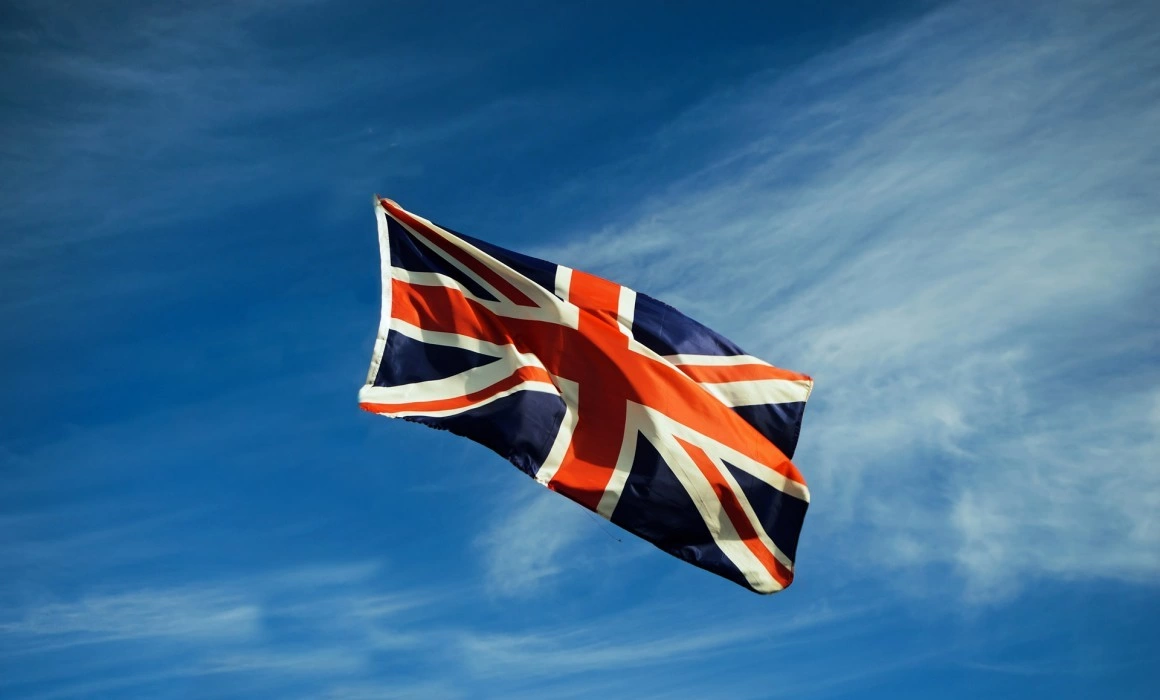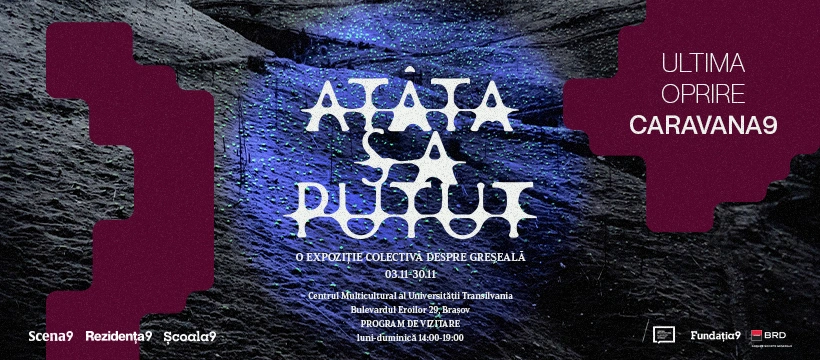During the negotiation process for Romania’s accession to the European Union in the early 2000s the question echoing through European capitals was: is Romania ready to join the EU? It was this word, repeated, again and again: ready.
This is a subjective and emotive issue - there is no perfect list of conditions showing readiness for accession. There are benchmarks which Romania was achieving, and others which it was failing. There are also macro-political issues - strategically, do NATO and Germany, let’s say, need Romania as an ally close to its breast - or at arm’s length? Austria was a perfect client state for the EU in 1994, but Greece in 1981 was less so, yet it was in the interests of Europe to welcome
a state fresh from dumping its Fascist government into its club.
But the argument, as I remember talking to experts, politicians and diplomats at the time, came down to one argument: in terms of its economy, civil rights and international ambitions, can Romania benefit more as a member state or not? Would the country move faster if it were hungry, with a carrot dangled in front of its face, or satisfied, with the vegetable settled in its belly?
Since then Romania and to a lesser extent Bulgaria have been held up by anti-EU campaigners as examples of the EU’s over-extension and its imperial ambitions. This is based on flimsy evidence - petty thieves from Romania on the streets of European capitals, and con artists ripping off country’s benefit systems.
But now the racist right of Europe is scapegoating Middle Eastern and north African refugees for its problems. This shows that the fear of Romanians was transient, born of political and media opportunism. And let’s face it, a state and its people must be pretty pathetic, if they are scared of Romanians.
As a bridge between the EU and the USA, Britain was the perfect counterweight to encourage the gradual revolution that Romania has experienced in the last decade.
Instead Romania has become a good news story that the west ignores - low unemployment, economic growth, greater transparency, effective street activism, jailed corrupt politicians - a bent elite on the run. Maybe not a tiger economy, but certainly one with claws.
A combination of soft pressure from the European Union and its member states, hard pressure from the USA and the self-mobilisation by committed Romanians has ensured that this country has begun to clean its nation of corruption at the same time as maintaining levels of growth that west European countries envy.
While the rest of Europe talk about how to manage decline or kickstart stalled economies, Romania has blazed down a dynamic road to greater transparency, better governance and financial fortune. This is still a fragile success. The recent local elections have seen a retrenchment of many of the corrupt political class and widespread poverty remains the country’s number one problem. The country has exited the group stages and reached the quarter-finals. With the right manager and supporters, victory is still a possibility - but there are enough members of its team to score an own goal in extra time.
Britain under Tony Blair was one of the earliest champions of Romania’s early entry into the European Union. Its lack of economic interests in the country (it only has one major investor in Vodafone) meant it could speak truth to power and concentrate on long-term objectives. As a bridge between the EU and the USA, Britain was the perfect counterweight to encourage the gradual revolution that Romania has experienced in the last decade.
And now we have talented Romanians with their brilliant language skills thriving in the UK, small and medium British businesses outsourcing their services to Romania to take advantage of gifted locals (and, yes, lower salaries), and record volumes of trade - up 13 per cent in 2015. As a foreign influencer, the British media and arts are only surpassed by America in the local cultural consciousness. This is a relationship of mutual beneficence unthinkable in the last century.
And what will Brexit mean? That the successful political union between the unlikely brothers of Romania and the UK will suddenly vanish.
Britain has invited Romania to its party and, as the DJ plays, the drinks are poured and the snacks are eaten, and people start to dance, it turns to Romania and says:
“Brother, this music is shit, these drinks are cheap, this food is lousy and these guests stink.”
“But Britain,” objects Romania, “this is your party.”
“As far as I am concerned,” answers Britain, “it is not truly my party if other people are here. I am getting out of this dump. I have a better idea. A brilliant, wonderful idea. I am going to have a party on my own!”
Every principal that the UK espoused, every negotiation which it formed, every civil right that it promoted, every promise that it made to the Romanian people will be those of a fleeting friend looking for short-term gain.
Photo main: Jiri Hodan (Wikimedia Commons)




